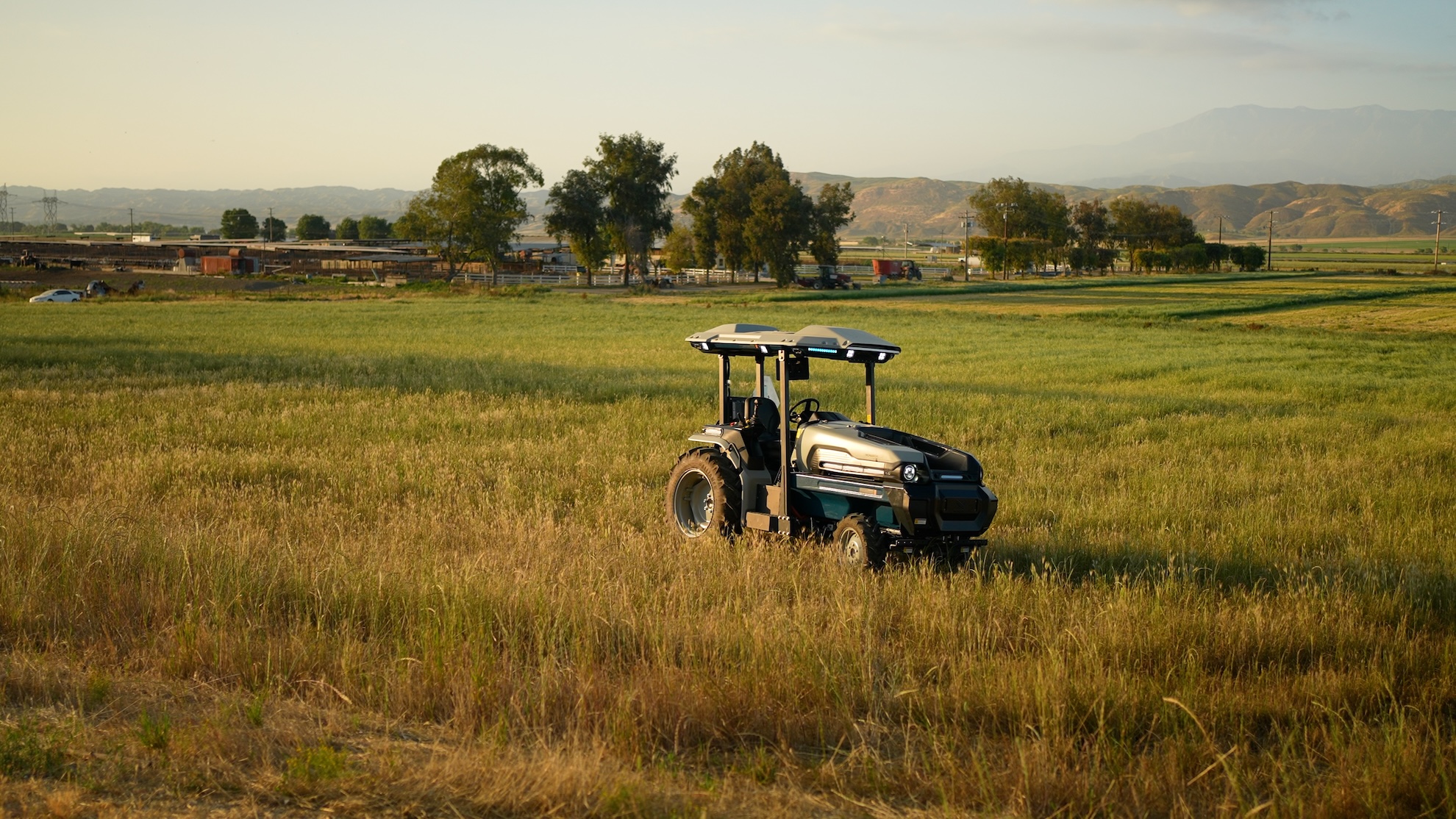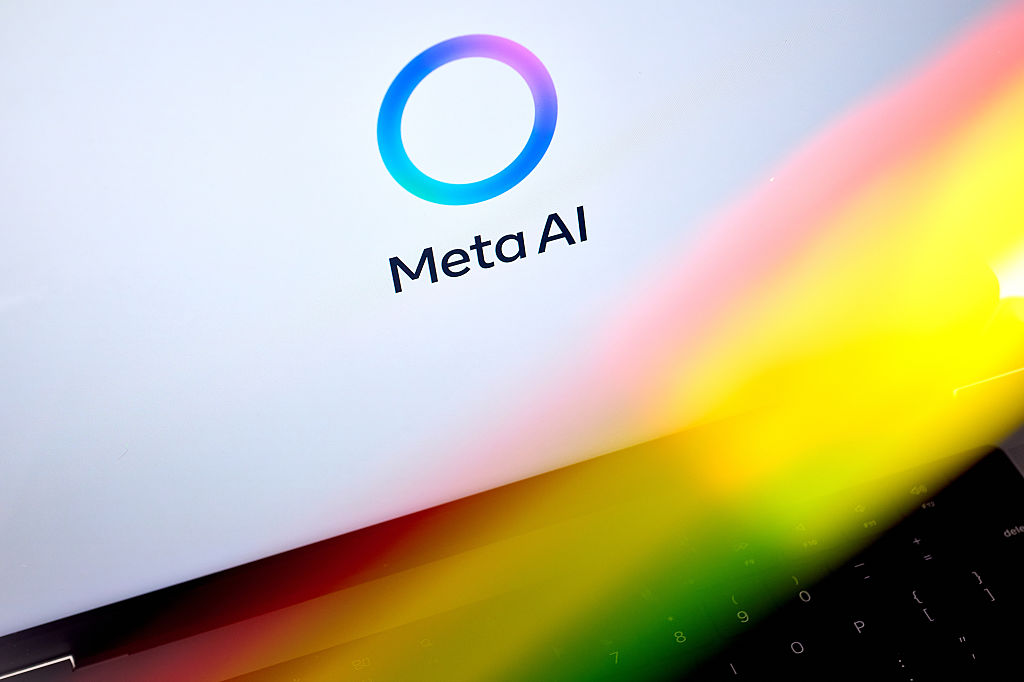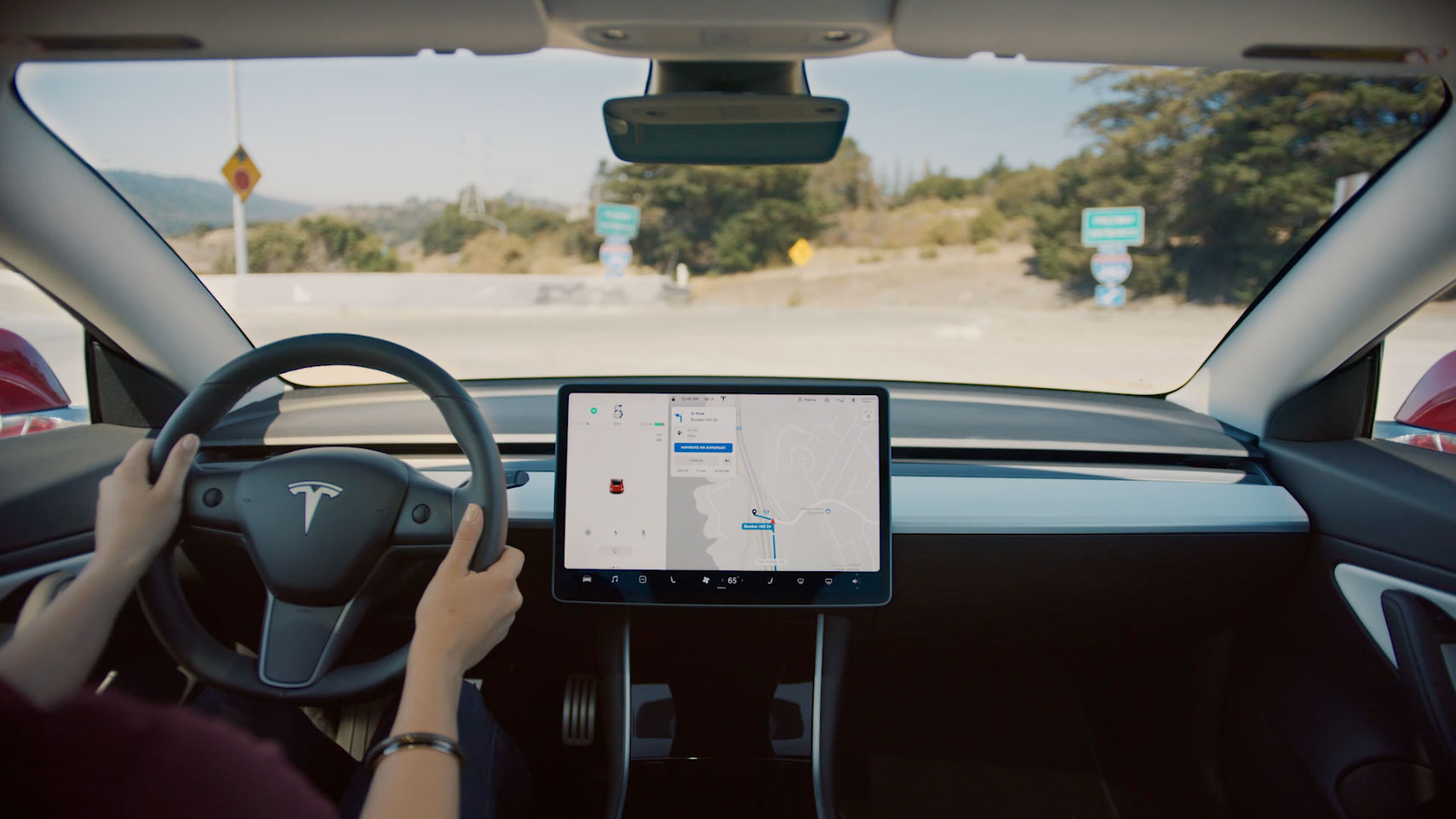
A prominent player in the burgeoning field of agricultural technology, Monarch Tractor, finds itself at the center of a legal controversy, facing accusations of overpromising the autonomous capabilities of its electric farm vehicles. The lawsuit, brought by Idaho-based dealership Burks Tractor, alleges breach of contract and warranty violations, asserting that the tractors purchased were fundamentally "unable to operate autonomously" as represented. This legal challenge casts a spotlight on the significant hurdles and high stakes involved in bringing advanced automation to the demanding agricultural sector.
The Genesis of the Dispute: Allegations of Misrepresentation
The complaint, initially filed in an Idaho state court in September and subsequently transferred to federal jurisdiction, details Burks Tractor’s experience as an early adopter and intended dealer for Monarch Tractor. According to the lawsuit, Burks Tractor committed to purchasing ten of Monarch’s purportedly autonomous electric tractors in early 2024, investing $773,088, along with additional funds for spare parts. The dealership contends that during negotiations, Monarch Tractor explicitly guaranteed the vehicles would be fully autonomous, with their capabilities unrestricted by location or time. Furthermore, Burks Tractor claims to have been provided with demonstration videos illustrating the equipment performing complex autonomous tasks, reinforcing the expectation of advanced, driverless operation.
The first five tractors were delivered to Burks Tractor in April 2024, with the remaining five following in June of the same year. However, the dealership alleges that problems surfaced immediately upon receipt. Contrary to the assurances and demonstrations, the tractors reportedly failed to perform as represented, proving incapable of autonomous operation. Burks Tractor promptly communicated these issues to Monarch, initiating a period where Monarch’s sales team reportedly collaborated with the dealership in an unsuccessful attempt to activate the autonomous features. The lawsuit further claims that Monarch’s sales representatives eventually conceded, both verbally and in writing, that the tractors’ autonomy was indeed restricted, particularly noting their inability to function autonomously indoors. Following this admission, Burks Tractor alleges a prolonged period without support or follow-up from Monarch, despite numerous attempts by the dealership to secure repairs or replacements for the allegedly defective machinery. With the tractors continuing to exhibit significant operational problems and failing to perform autonomously, Burks Tractor demanded Monarch repurchase the units, a request the California-based startup has reportedly declined. Monarch Tractor, for its part, has formally denied these allegations in a court filing, while its CEO, Praveen Penmesta, and a company lawyer have not publicly commented on the ongoing litigation.
Monarch Tractor’s Vision and Broader Challenges
Monarch Tractor emerged as a beacon of innovation in agricultural technology, promoting a vision of sustainable and efficient farming through its electric, "driver optional" tractors. Founded with the ambitious goal of electrifying and automating agricultural tasks, the company targeted specific niches such as wineries and dairy farms, where precision and repetitive tasks could theoretically benefit immensely from autonomous operation. The concept of a "driver optional" tractor—implying the ability to perform tasks without human intervention while also allowing for manual control—tapped into a growing demand for solutions to labor shortages, operational efficiency, and environmental sustainability in agriculture.
However, the lawsuit arrives amid a backdrop of broader operational shifts and challenges for Monarch Tractor. Over the past two years, the company has reportedly undergone multiple rounds of layoffs, signaling internal restructuring and financial pressures common in the high-stakes startup environment. A significant pivot in its manufacturing strategy also occurred, with the Ohio factory previously responsible for building its tractors, under a partnership with Foxconn, now being renovated for conversion into an AI data center. This development effectively ended Monarch’s hardware manufacturing agreement at that site. Concurrently, Monarch Tractor has announced intentions to shift its focus towards software development and technology licensing, a move that suggests a re-evaluation of its core business model and a potential de-emphasis on direct hardware production. This strategic reorientation, occurring alongside a major legal challenge concerning the very hardware capabilities it once championed, raises questions about the company’s future trajectory and its ability to deliver on its foundational promises.
The Broader Landscape of Agricultural Autonomy
The legal battle involving Monarch Tractor underscores the formidable challenges inherent in developing and deploying fully autonomous agricultural machinery. The promise of driverless tractors has long captivated the agricultural industry, offering potential solutions to issues like rising labor costs, scarcity of skilled workers, and the demand for enhanced precision in farming operations. Historically, agriculture has been at the forefront of mechanization, evolving from manual labor to steam-powered machines, then internal combustion tractors, and more recently, precision agriculture tools leveraging GPS, sensors, and data analytics. The current wave of innovation, often termed "Ag-Tech," seeks to integrate artificial intelligence, robotics, and advanced automation to create truly autonomous systems.
However, the agricultural environment presents unique complexities that often surpass those encountered in other autonomous sectors, such as self-driving cars. Farm fields are dynamic, unstructured environments characterized by varying terrain, unpredictable weather conditions, diverse crop types, and the presence of obstacles like rocks, trees, and wildlife. Unlike urban road networks with defined lanes and traffic laws, farms lack standardized infrastructure, demanding highly sophisticated perception systems, robust navigation algorithms, and adaptable decision-making capabilities from autonomous vehicles. The level of autonomy required for different tasks also varies significantly, from simple, repetitive field operations to more nuanced tasks requiring complex object recognition and manipulation. Achieving "full autonomy" in such a multifaceted environment is a monumental engineering feat, requiring extensive research, development, and rigorous testing under a multitude of real-world conditions. This inherent complexity often leads to a significant gap between initial technological aspirations and practical, reliable deployment.
Industry Hurdles and Market Dynamics
The ag-tech sector, while brimming with innovation, is also characterized by significant investment and high expectations. Startups like Monarch Tractor attract substantial venture capital by envisioning transformative solutions. However, the path from prototype to commercially viable, scalable product is fraught with technical, regulatory, and market adoption hurdles. Farmers, who are often early adopters of technology but also pragmatic business operators, require solutions that are not only innovative but also reliable, durable, and economically justifiable. A lawsuit alleging fundamental performance failures can severely impact a company’s reputation and erode trust among potential customers and investors.
The incident also highlights the critical role of dealerships like Burks Tractor. Dealerships serve as crucial intermediaries, bridging the gap between cutting-edge manufacturers and end-users. They are responsible for sales, service, and support, and their reputation is directly tied to the performance of the products they sell. When a dealership invests heavily in new technology and then finds it unable to deliver on core promises, the financial and reputational ramifications can be substantial. Burks Tractor’s claim of paying a significant sum and then struggling with non-functional equipment, coupled with alleged lack of manufacturer support, underscores the potential risks for early adopters in a rapidly evolving, yet sometimes immature, technology market.
Furthermore, the language surrounding autonomy often contributes to market confusion. Terms like "driver optional" or various levels of autonomy (e.g., Level 2 driver assistance vs. Level 5 full autonomy) can be interpreted differently by manufacturers, dealers, and end-users. Clear communication regarding system limitations, operational domains, and necessary human oversight is paramount to manage expectations and ensure safe, effective deployment. This legal dispute could serve as a cautionary tale, prompting greater scrutiny of autonomous capabilities and clearer definitions within sales and marketing materials across the industry.
The Path Forward
As the legal proceedings unfold in federal court, the outcome will have implications not only for Monarch Tractor and Burks Tractor but also for the broader autonomous agriculture industry. For Monarch, the lawsuit represents a significant challenge to its core product claims at a time when the company is already undergoing strategic reorientation towards software and licensing. A negative judgment could impact its financial stability, investor confidence, and its ability to attract future partners for its new business model. For Burks Tractor, the case seeks redress for alleged financial losses and operational disruptions caused by the purportedly defective equipment.
Beyond the immediate parties, the case could influence how agricultural technology is developed, marketed, and deployed. It may lead to increased emphasis on rigorous testing, clearer product specifications, and more robust warranty protections for complex autonomous systems. It also reinforces the ongoing debate about the pace of innovation versus the need for proven reliability in critical industries like agriculture. The dream of fully autonomous farms remains a powerful motivator for technological advancement, but the journey to realize that dream is proving to be a complex and often litigious one, marked by the constant tension between ambitious promises and the practical realities of technological readiness. The resolution of this lawsuit will undoubtedly contribute to shaping the narrative around the feasibility and trustworthiness of next-generation agricultural automation.








